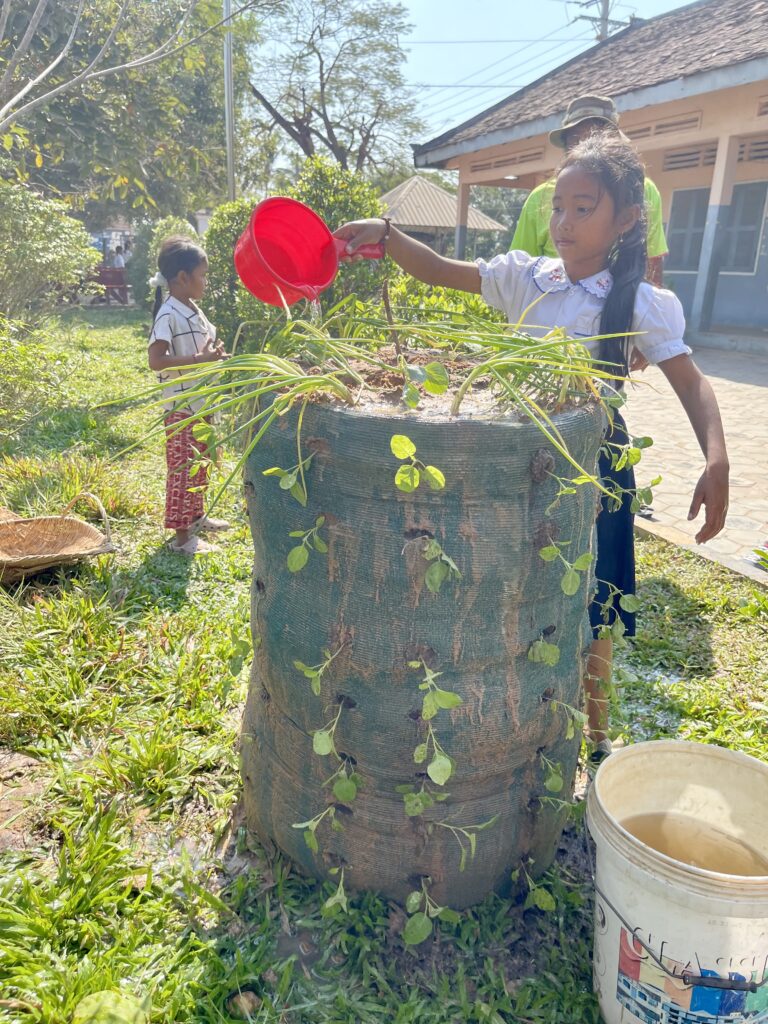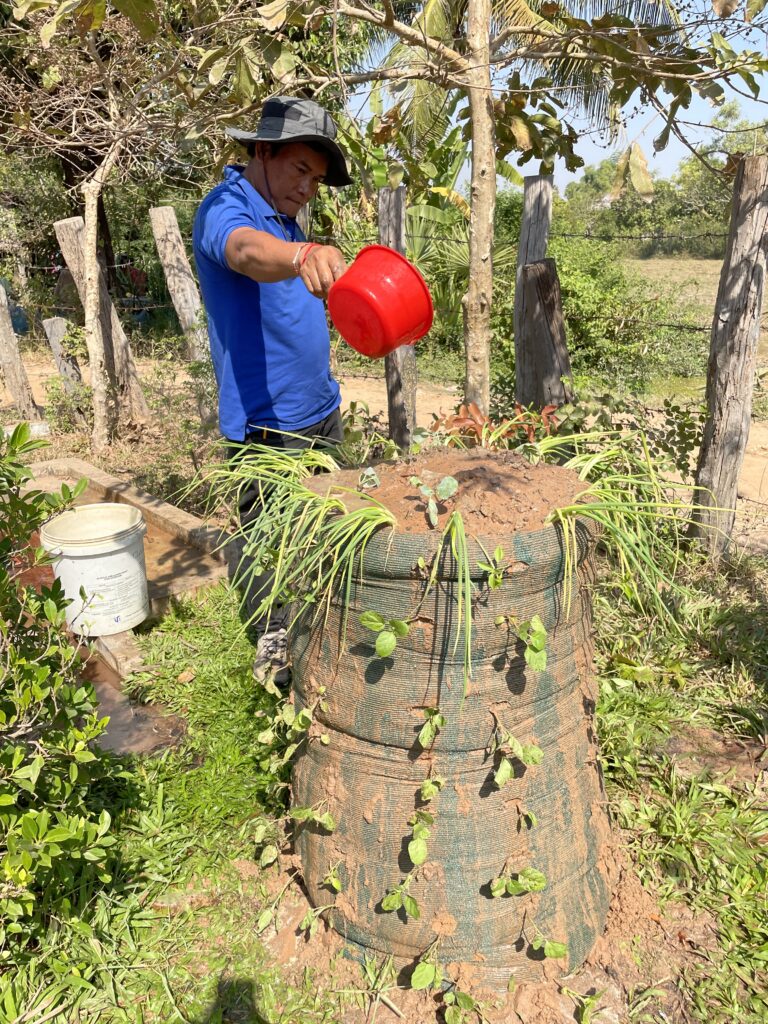Happy Earth Day from the ASEA Advancing Life Foundation
This article can be found on Discover to share with potential clients and associates.
Today, we commemorate Earth Day, a tradition that traces its origins back to 1970. Over the years, this significant environmental movement has garnered the participation of millions of Americans from diverse backgrounds. From its humble beginnings, Earth Day has burgeoned into a global phenomenon, uniting billions across 192 nations in the shared mission to safeguard our planet and secure a promising future for generations to come. Widely hailed as the “largest civic event each year,” Earth Day continues to inspire collective action and environmental stewardship worldwide.
What the Earth means to us
Without our Mother Earth, life is not sustainable. From the air we breathe to the water we drink, we are eternally indebted to our planet and the resources it provides us. Unfortunately, not everyone has equal access to these resources and some struggle to survive. Together, we can make a difference by providing life-saving and life-advancing assistance to those in need.

Garden towers: providing self-sufficiency in harsh climates
In the United States, nearly 35% of families grow their own food right in their own backyard. This can be an arduous process, however, and it requires adequate soil conditions for plants to grow. Garden boxes are one solution, but these boxes are vulnerable to termites, rain, or even wind. Thus, the garden tower was born.
Garden towers are simply a large bag of soil encased in heavy mesh. This simplicity is key in making the towers accessible to those living in the harshest conditions around the world. About three feet in diameter, the garden towers take up little space, which is another crucial feature in densely populated areas. Roughly one billion people around the globe do not have access to land, let alone a vast garden.
Each garden tower can hold up to 120 plants and lasts up to five years. Communities can use the soil around them combined with manure from their farm animals to create fertile compost.

These garden towers not only help the families in these vulnerable communities, but they also foster a sense of self-sufficiency, which is more sustainable in the future. Partnered with the WHOlives nonprofit, the ASEA Advancing Life Foundation will provide these garden towers to The Gocesco Rescue Center in Kenya, allowing families to grow gardens using less land and 30% less water. Excess produce can even be sold for profit.
If you’d like to contribute and help support our efforts to bring life-sustaining resources like the garden towers to at-risk communities, consider donating today. Remember, ASEA matches every donation made so your funds will have twice the impact, giving your dollar double the fighting power. Your generosity will help these families live long, happy, and healthy, lives.